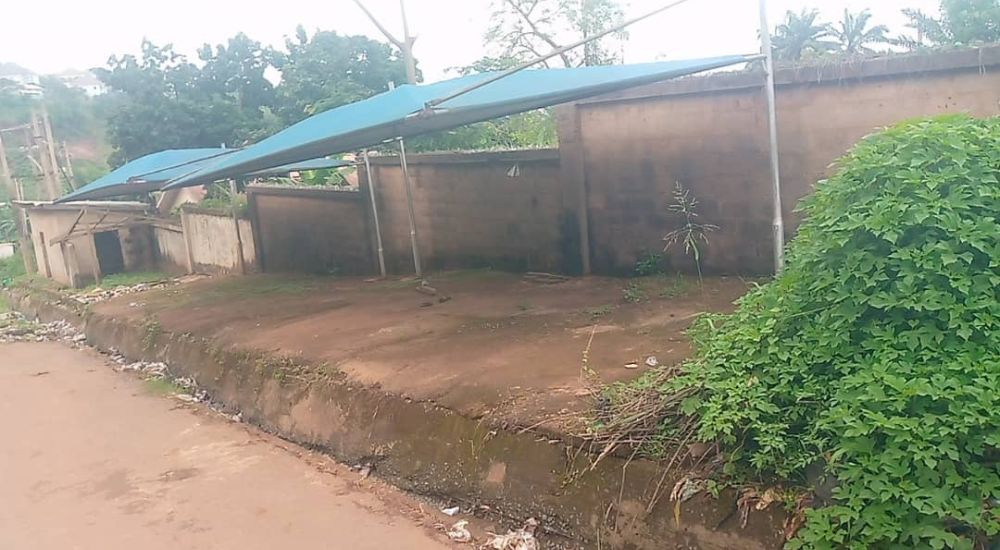Car washers at the university community of Nsukka, Enugu State, are counting their losses following the scarcity of water that has hit the metropolis and its environs.
THE WHISTLER gathered that the three mega boreholes serving Nsukka are no longer functional following mechanical faults. A car washer, Chekwube, told our correspondent on Thursday that the three boreholes did not malfunction at the same time.
He said, “There are three government-owned boreholes in Nsukka. Some of them are World Bank-assisted. The one opposite the UNN gate is managed by the state Water Board. It is the major source of potable water in Nsukka. The management provided us with taps and spaces for washing cars. We have our respective tanks in the portions of land allotted to us. That one malfunctioned about four months ago. Nothing is being done to fix it. They said the sumo fell into the ocean.
“The second one is along Enugu Road, around Prince Oil bus stop. That one stopped functioning early this year. It has made life difficult for the residents. That one served residents who used to fetch water from it to drink. The water is pure and of the best quality. The last one that spoiled some days ago is the main borehole of UNN. It is located behind the mosque on the campus. The students currently have no water supply except for water tankers. The fear is that no one knows the quality of water being supplied by these tankers.”
Moses Asadu washes a car along the University Market Road. According to him, “Since this scarcity started, some of us no longer have any source of living. The cost of buying water from tankers is high, and our customers are not ready to pay more. Some of our members have left for other things. It is terrible indeed.”
Meanwhile, a lecturer at UNN, Dr Emmanuel Ugwu, has expressed worries over the scarcity. He said most residents relied on water from the three boreholes for drinking.
Advertisement
In his words, “Water from the three boreholes that have now malfunctioned is pure. There are private boreholes whose water is categorised as hard. The purity is questionable. We call on the state and the university authorities to swiftly repair them to avoid some water-related health challenges.”
A worker at the state Water Board, Nsukka office, refused to speak on the development. He told our reporter to direct his question to the headquarters of the state Water Board in Enugu.

